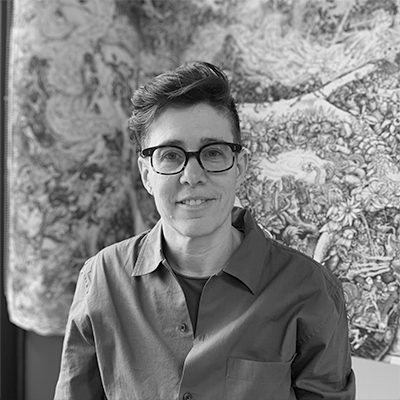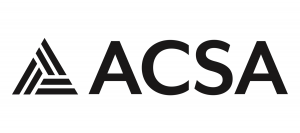SUMMIT FOR CLIMATE AGENCY: Teaching the Design Experiment
The Association of Collegiate Schools of Architecture (ACSA) and the Pratt Institute, School of Architecture are pleased to announce a Teachers Summit dedicated to Summit for Climate Agency: Teaching the Design Experiment. Plan to join us in-person in Brooklyn, New York this summer.
Conference Overview
The 2021 ACSA EAAE Teacher’s conference, The Curriculum for Climate Agency, saw calls for Architectural Education to step-away from pre-conceptions about climate and re-engage in active learning and science. Landscape Architect, Kotchakorn Voraakhorn in the opening plenary declared that Architecture educators, “Need to teach from reality, from fact….learning from observed mistakes is the best lesson we can teach the next generation.” Similarly in his opening remarks, Architect Phillipe Rahm declared, “To look for solutions we [ architects ] cannot only be focused on Climate Change as a narrative, but we must examine the real…we must re-engage with the natural sciences.” The consistent takeaway voiced throughout the conference was that if architectural design wishes to establish an environmental agency within the 21st century it must depart from known narratives and operating conventions in favor of experimental approaches.
But what does it mean for a designer to conduct an experiment?
Consider the notion of “scientific method:” Conceived as a means of applying rigorous skepticism towards the dismissal of cognitive assumptions and preconceived bias, the method calls for careful observation that informs inductive hypotheses to be tested and analyzed for reporting. At a moment when architecture is being asked to reconsider how it affects the global environment, teaching the design experiment suggests an approach which can both be ambitious and tempered, comprehensive yet specific and calibrated. How do we adjust the content of our teaching to engender an interest in conducting experiments in the field for future generations? How do we bring research and design together?
The SUMMIT FOR CLIMATE AGENCY: Teaching the Design Experiment will tackle these questions through a series of roundtable discussions and workshops structured to examine experimental methods within architectural education concerning the questions of Observation, Hypothesis, Testing, and Analysis. These discussions will be amplified by select re-presentations from last summer’s teacher’s conference synthesized around the core parts of architectural education – history, abstraction, designation, and building. The summit, which will take place in Brooklyn and New York with programmed events at Pratt’s Historic Campus in Clinton Hill as well as its outpost locations on Governor’s Island and Brooklyn Botanic Gardens. The closing reception will celebrate the design experiment through an exhibition EXPERIMENTAL LANDINGS that reconnects the scientific speculation to visual representation culture in architecture and landscape architecture.
PLANNING COMMITTEE | ||
Tulay Atak | David Erdman | Jonathan A. Scelsa |
Keynote Presentation
Experimenting With and Against Technoscience in a Place of Ongoing Environmental Violence

Michelle Murphy
Michelle Murphy is a Professor of History and Women and Gender Studies at the University of Toronto, where they hold a Tier 1 Canada Research Chair in Science & Technology Studies and Environmental Data Justice. Their research is concerned with feminist and decolonial approaches to environmental justice, reproduction, Indigenous science and technology studies, and infrastructures and data studies. They are Co-Director of the Technoscience Research Unit, which hosts an Indigenous lab and is home for social justice and decolonial approaches to science and technology. They are also the author of The Economization of Life (2017), Seizing the Means of Reproduction (2012), and Sick Building Syndrome and the Politics of Uncertainty (2006), all with Duke University Press, and has twice been awarded the Fleck Prize from the Society for the Social Studies of Science. Murphy’s current research focuses on the relationships between pollution, colonialism, and technoscience on the lower Great Lakes. They are Métis from Winnipeg, with a French Canadian and Métis family background.
Partners
Questions
Michelle Sturges
Conferences Manager
202-785-2324
msturges@acsa-arch.org
Eric W. Ellis
Senior Director of Operations and Programs
202-785-2324
eellis@acsa-arch.org

 Study Architecture
Study Architecture  ProPEL
ProPEL 


